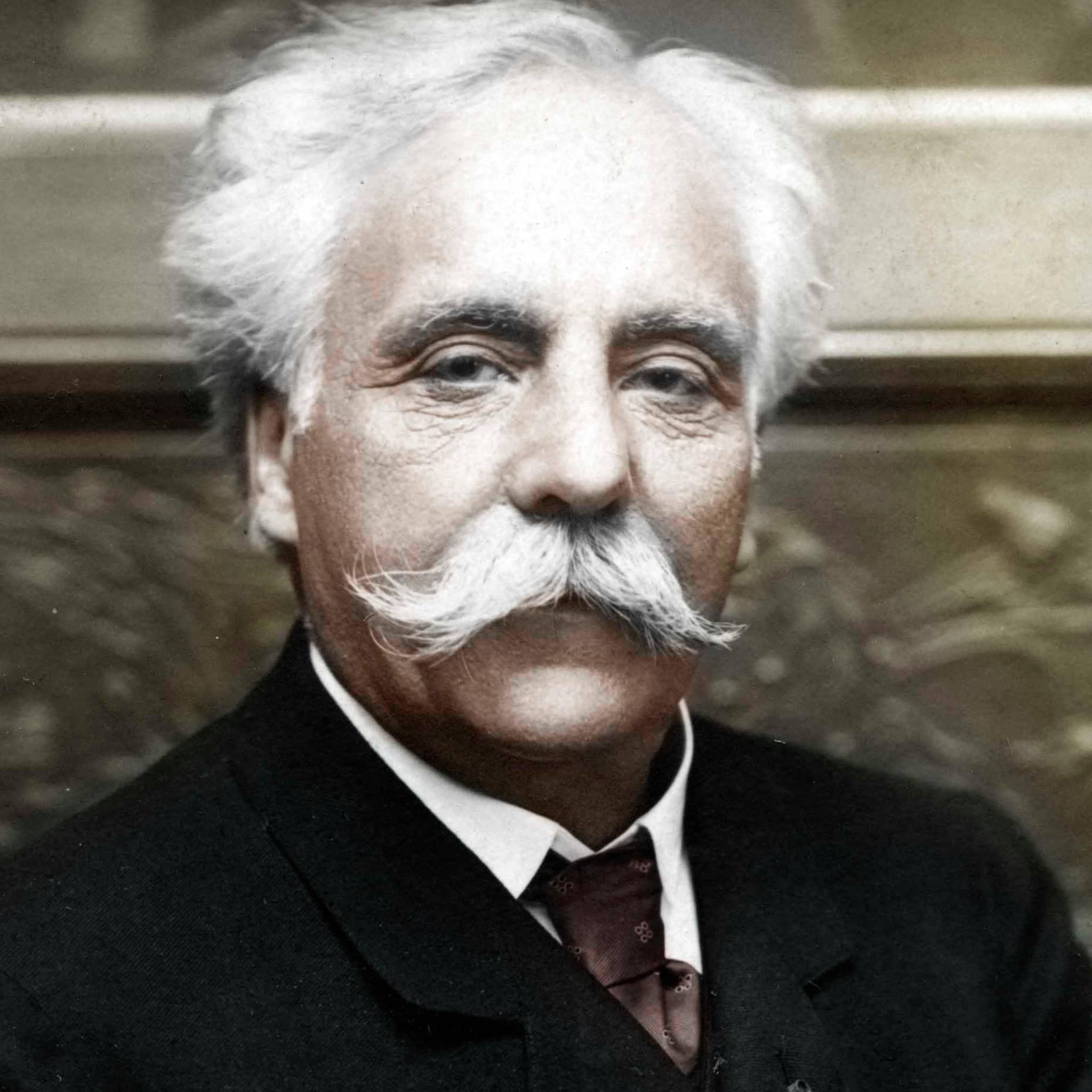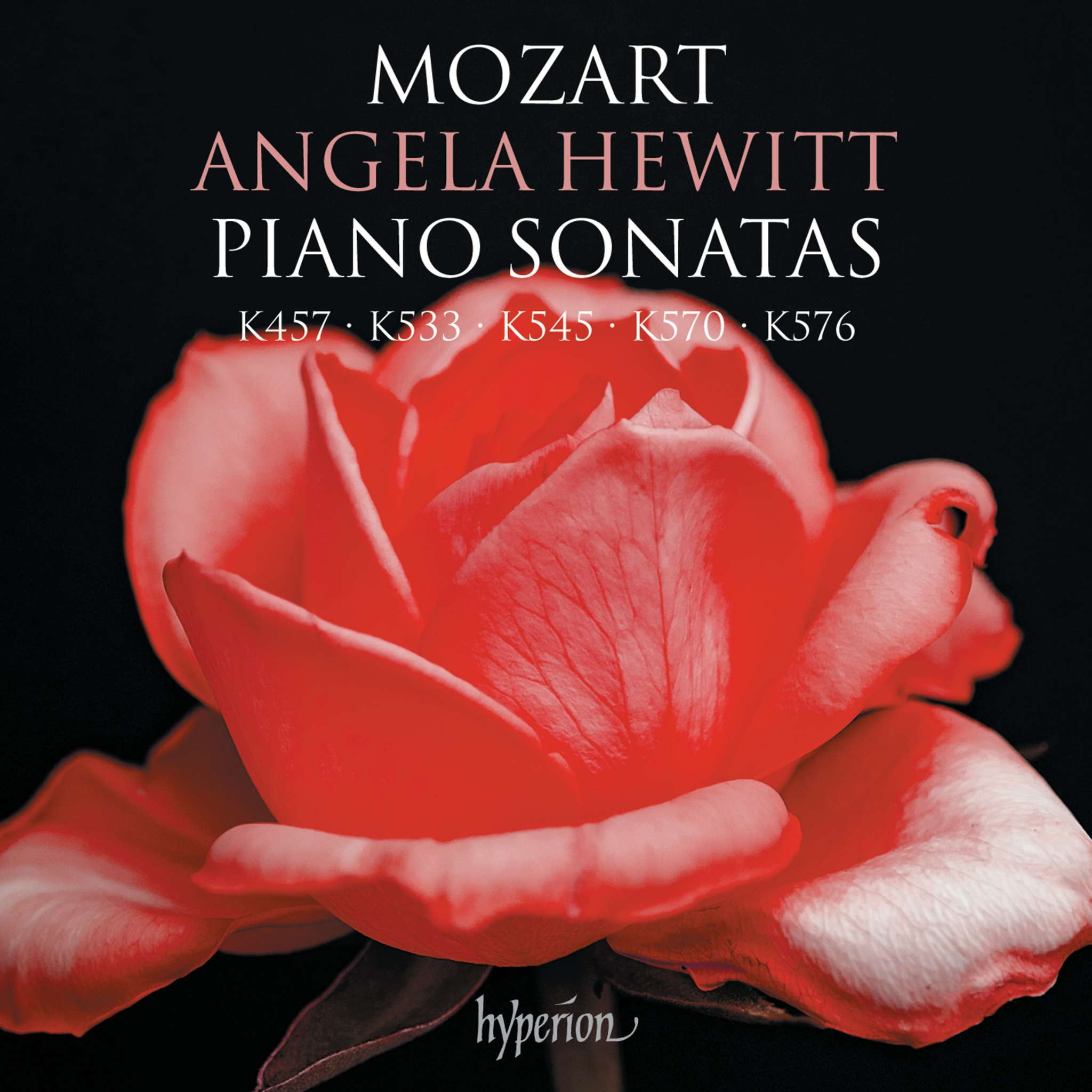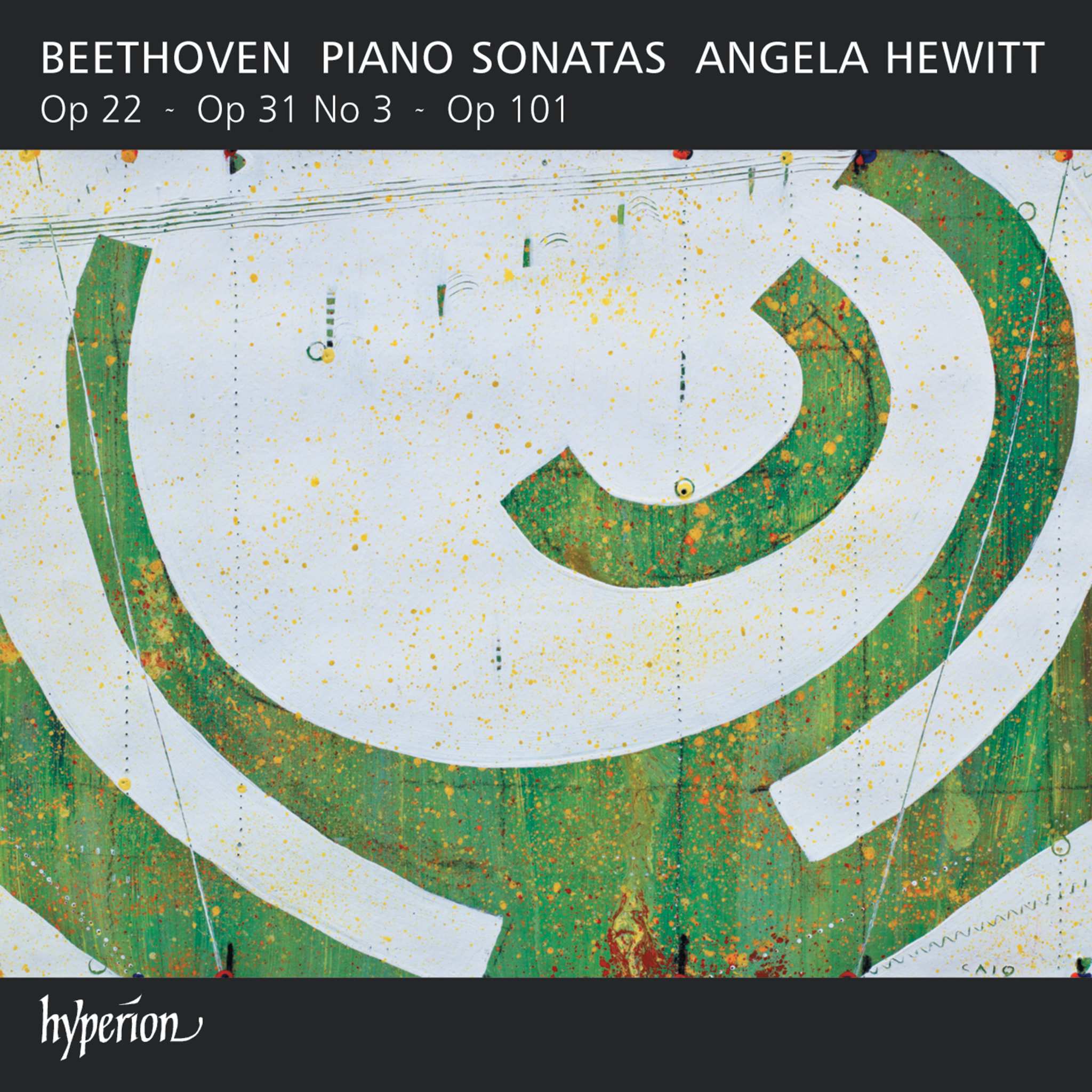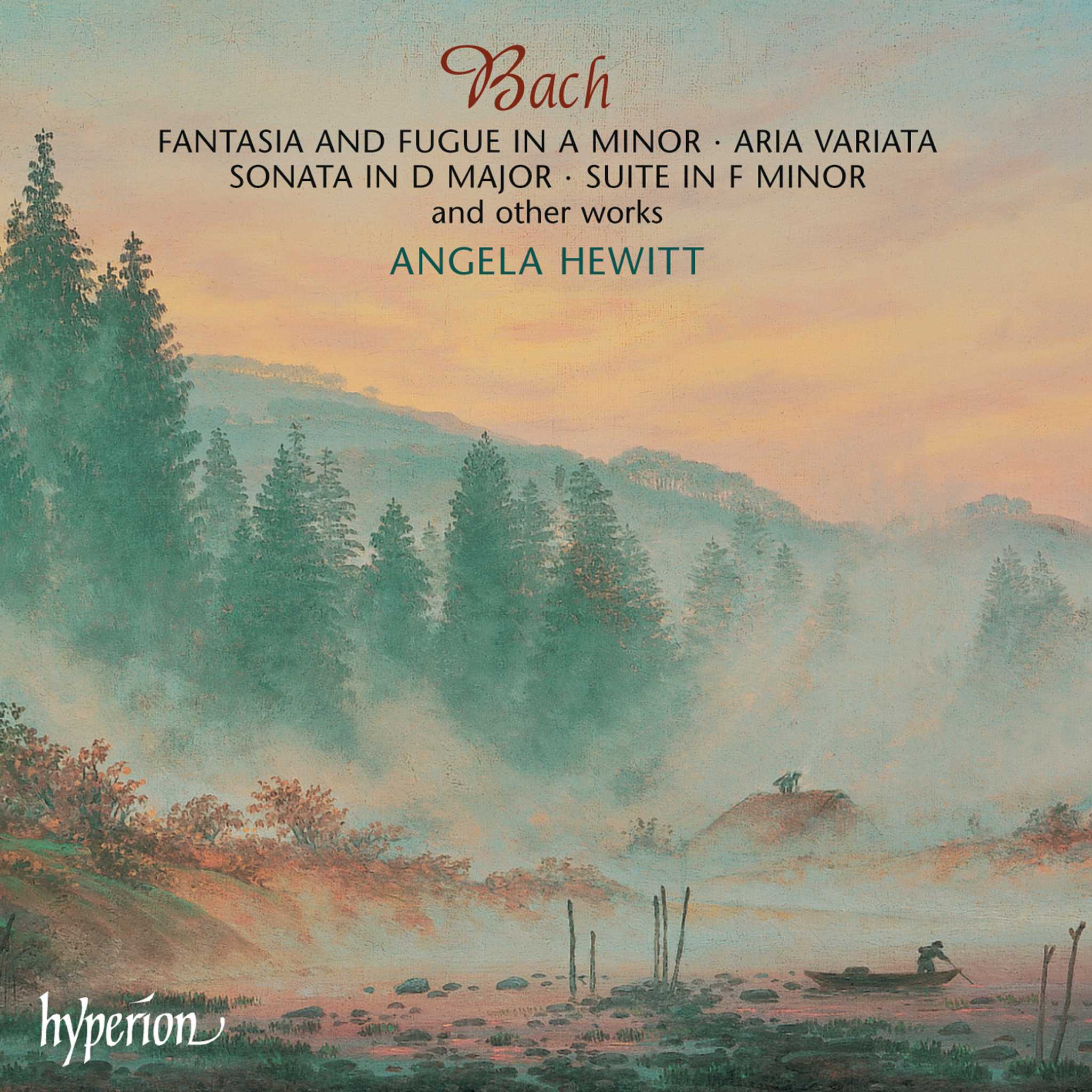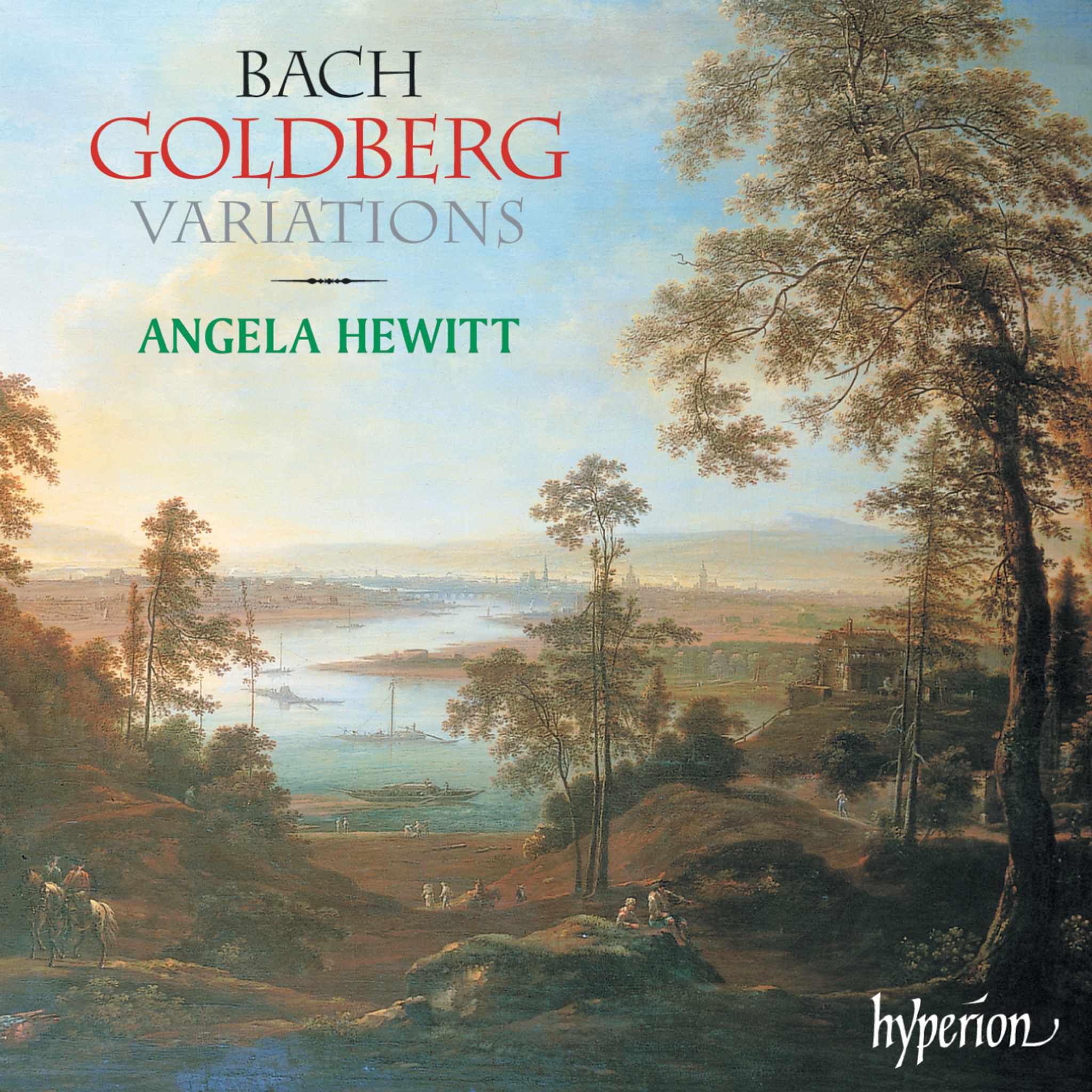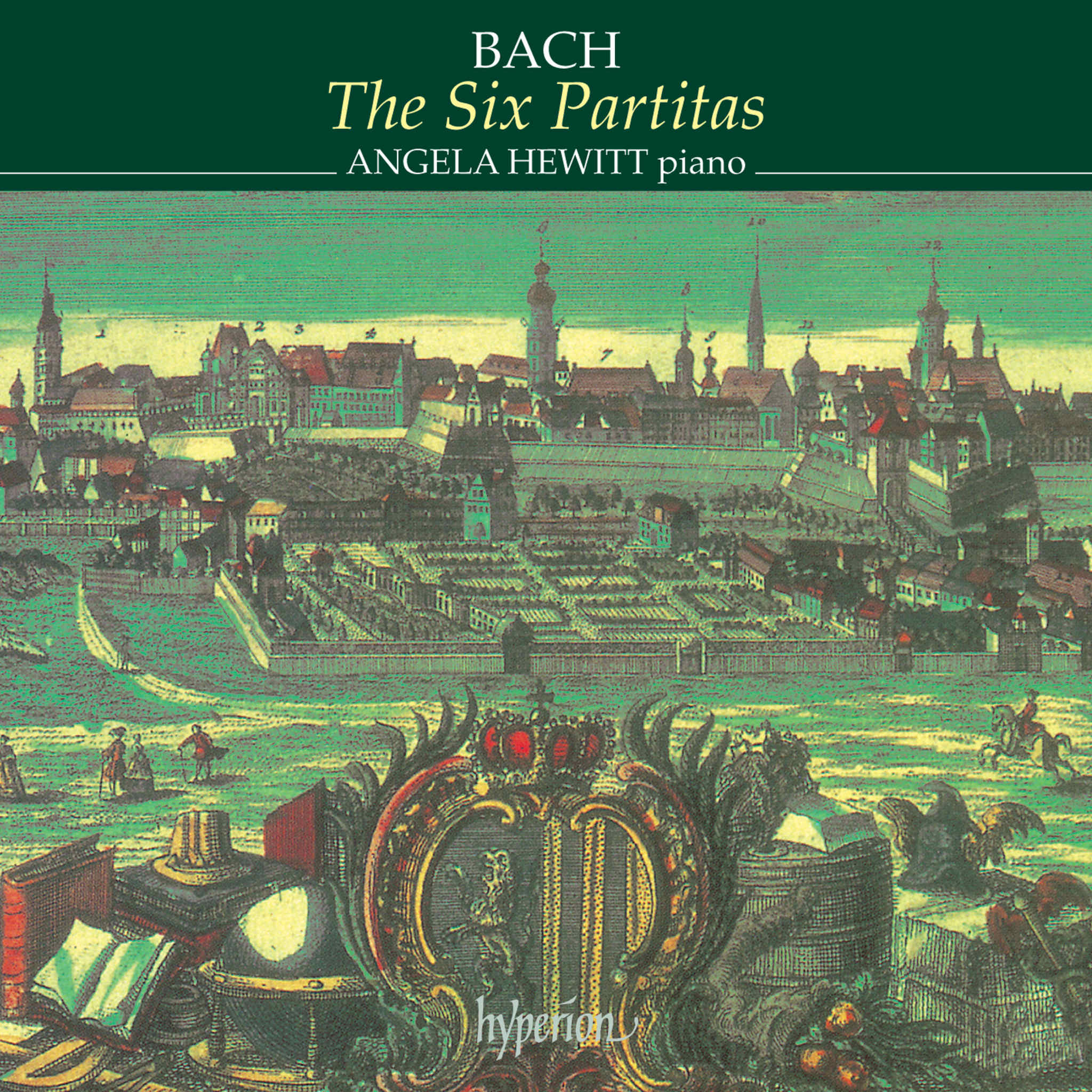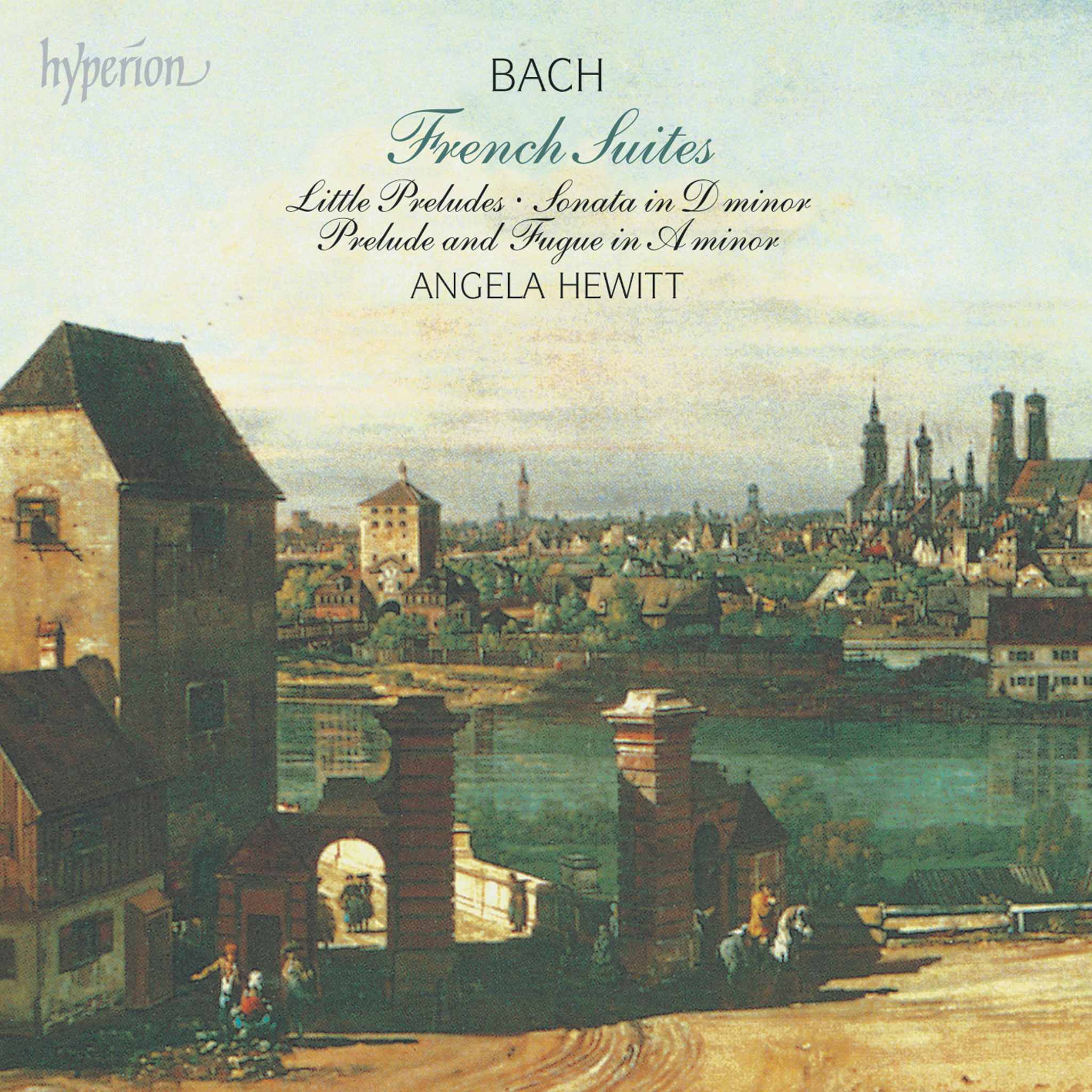Schon lange hegte ich den Wunsch, meine Lieblingsstücke von Gabriel Fauré für Klavier solo einzuspielen. Als ich 15 war, brachte mir mein Lehrer Jean-Paul Sévilla erstmals die Musik Faurés näher, dessen Werke er besonders schätzte. In Ottawa, wo ich aufwuchs, hatten wir häufig die Gelegenheit, zahlreiche seiner Kompositionen live zu erleben. Neben Klavierstücken stellte er uns auch Faurés Kammermusik und Lieder vor. Beim Durchstöbern der Mélodies-Gesamtausgabe, während ich die Texte und Übersetzungen las, empfand ich eine besondere Verbundenheit mit Fauré. Bereits mit Mitte zwanzig beherrschte ich fast alle Stücke aus dieser Auswahl, einige davon schon viel früher; sie gleichen alten Freunden.
Faurés Klaviermusik ruft meist zwei Reaktionen hervor: Entweder ist sie gänzlich unbekannt oder sie wird als „Salonmusik“ abgetan. Diejenigen jedoch, die seine Werke lieben, verteidigen deren musikalische Qualität und Faurés Bedeutung mit großer Leidenschaft.
Spannend ist, dass Fauré im Jahr 1845 geboren wurde – zu einer Zeit, als Schumann gerade sein Klavierkonzert vollendete, Chopin an seiner dritten Klaviersonate arbeitete und Berlioz an La damnation de Faust schrieb. Als Fauré 1924 starb, existierte Schönbergs Pierrot lunaire bereits seit zwölf Jahren. Trotz aller politischen Umbrüche jener 80 Jahre blieb Fauré von äußeren Ereignissen meist unbeeinflusst. 1908 schrieb er an seinen Sohn, Kunst und Musik sollten die Menschen über das Alltägliche hinausheben.
Die Musik Faurés ist unverwechselbar durch ihre harmonische Sprache und Melodik. Seine Klavierstücke gelten als besonders schwierig zu memorieren, vergleichbar mit Werken von Bach. Die sich stetig wandelnden Harmonien und technischen Anforderungen schrecken viele ab, doch sie offenbaren eine Kunst, die von Eleganz und Raffinesse geprägt ist. Marcel Proust bemerkte einst, dass er sich von Faurés Musik berauschen lasse.
Wie Debussy wuchs auch Fauré in einer musikalisch wenig geprägten Familie auf. Seine ersten musikalischen Eindrücke sammelte er in einem Kloster in der Nähe seines Elternhauses. Mit neun Jahren wurde er von seinem Vater an die École Niedermeyer nach Paris geschickt, wo er den Umgang mit geistlicher Musik erlernte. Als Saint-Saëns die Nachfolge von Louis de Niedermeyer als Lehrer antrat, entstand eine enge Freundschaft zwischen den beiden.
Bevor Fauré sich ganz der Komposition widmete, war er Organist in mehreren Kirchen. 1892 erhielt er eine Professur für Komposition am Pariser Konservatorium, nachdem der damalige Direktor Ambroise Thomas zunächst seine Bewerbung abgelehnt hatte. Im Laufe der Zeit reformierte und unterrichtete Fauré an der Institution und wurde dort als „Robespierre“ bekannt. Zu seinen Schülern zählten unter anderem Ravel, Enescu und Nadia Boulanger.
Den Auftakt des Albums bildet Faurés umfangreichstes Klavierwerk, Thème et variations op. 73, das einen wichtigen Abschnitt in seiner künstlerischen Entwicklung markiert. Die Valses-caprices, Nocturnes und die Ballade pour piano seul stehen für unterschiedliche kreative Perioden. Jedes dieser Werke spiegelt eine eigene Facette von Faurés musikalischem Schaffen und seiner Entwicklung wider.



